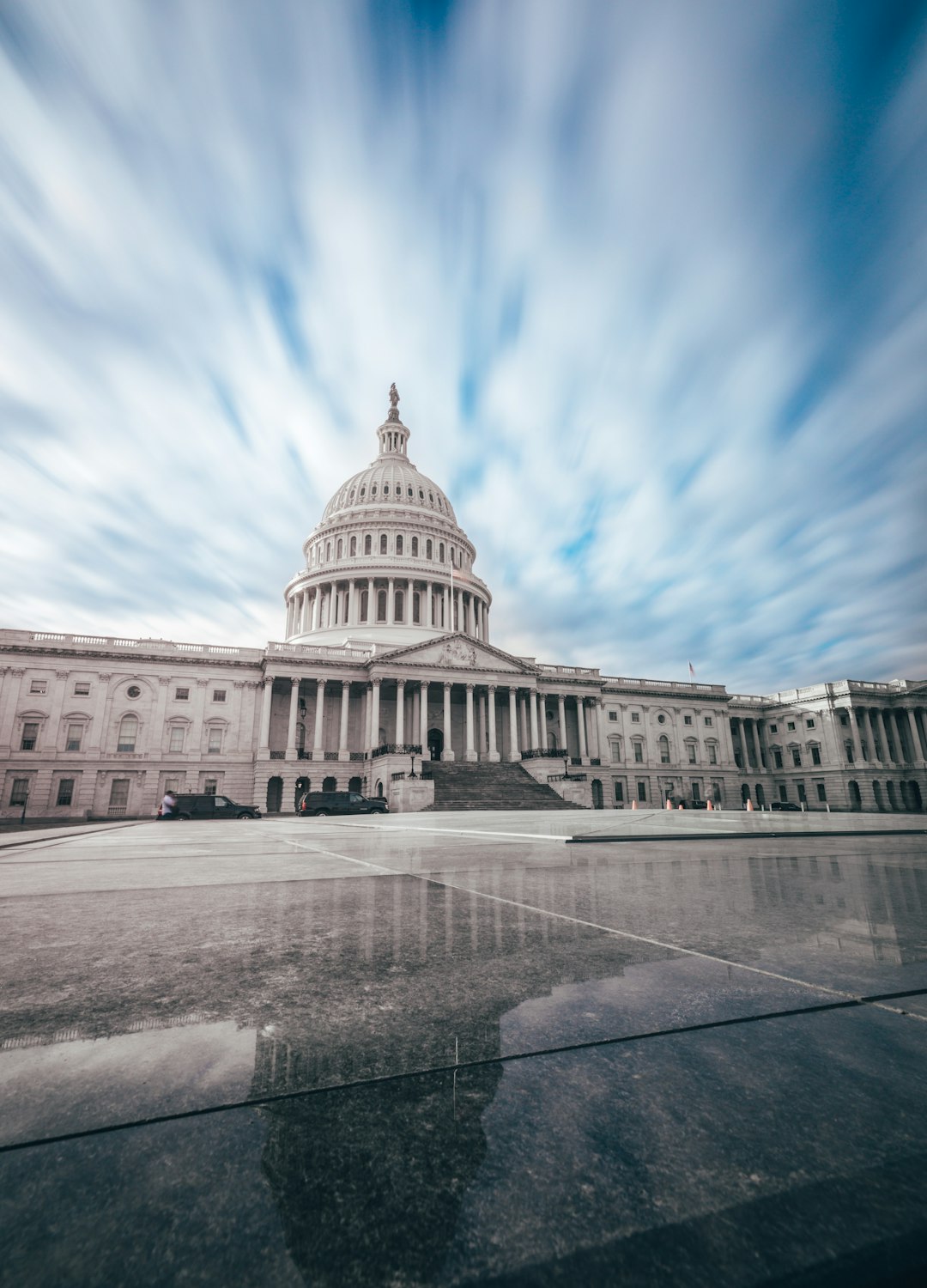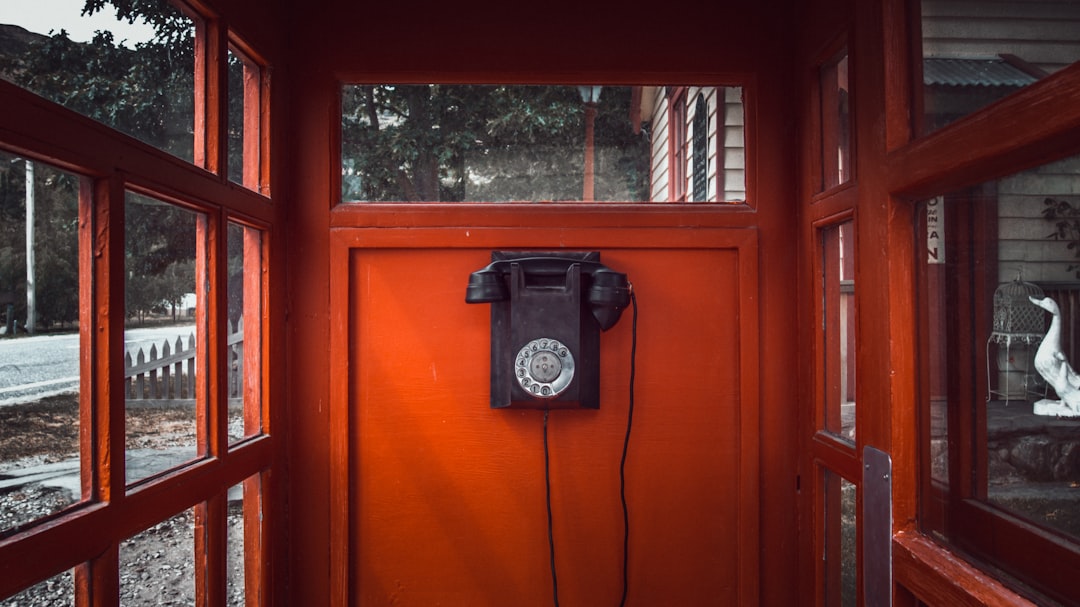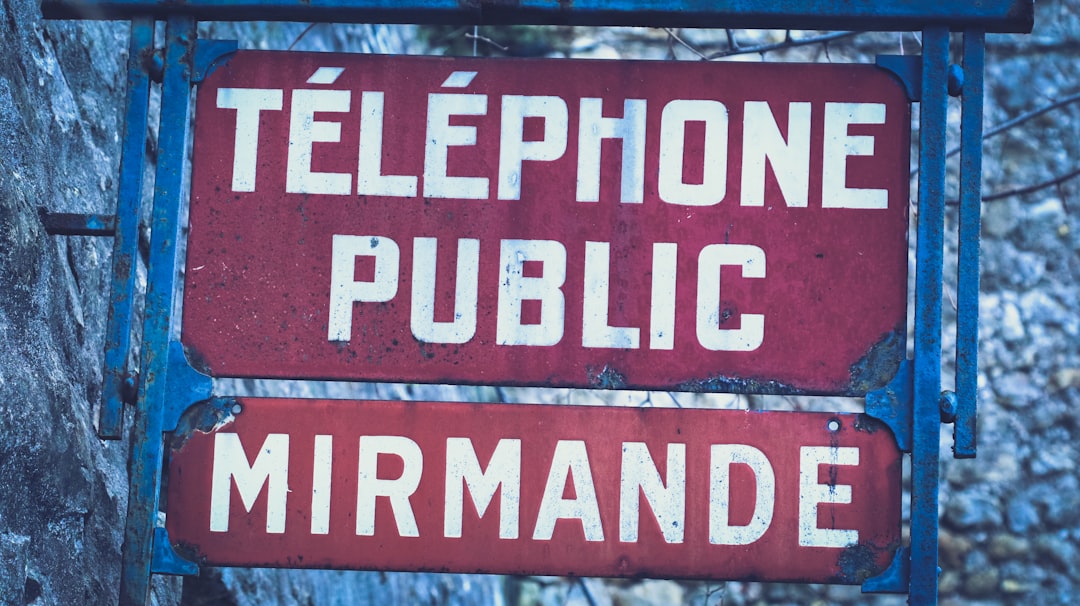Robocalls and spam calls are common issues in Washington State, regulated by both federal and state laws. Understanding these laws is crucial for residents facing unwanted communication. A robocall lawyer or spam call attorney specializing in Washington State laws can guide individuals on their rights, help combat illegal robocalls, and ensure businesses adhere to ethical marketing practices. Key actions include registering with Do Not Call lists, blocking numbers, reporting calls, and seeking legal action against violators. Consulting a specialized lawyer is vital for navigating complex regulations and fighting for justice against intrusive robocalls.
In Washington State, understanding and combating robocalls and spam calls is crucial. With evolving technologies, these nuisance calls have become a persistent problem, impacting millions. This comprehensive guide equips you with the knowledge to navigate Washington’s strict Do Not Call laws and regulations, effectively reporting robocall Lawyers Washington and spam call law firms. From identifying illegal practices to finding expert robocall attorneys Washington, we debunk myths and provide a step-by-step process for dealing with unwanted calls. If you’re seeking justice or representation as a victim of these practices, this article offers valuable insights into robocall laws Washington and lawyers for unwanted texts Washington.
Understanding Robocalls and Spam Calls in Washington State

Robocalls and spam calls have become a pervasive issue in Washington State, much like across the nation. These automated phone calls, often promoting products or services, can be a nuisance and sometimes even a source of fraud. They are designed to reach a wide audience quickly, but they also infringe upon individuals’ privacy and peace of mind. In Washington, both federal and state laws regulate these practices, aiming to protect residents from unwanted and deceptive communication.
Understanding the legal framework is crucial for anyone facing an onslaught of robocalls or spam texts. A robocall lawyer in Washington or a spam call attorney can guide you through your rights and options under the state’s do not call laws and related regulations. These laws empower individuals to take action against persistent and illegal robocalls, ensuring that businesses adhere to ethical marketing practices. If you’re facing unwanted texts or calls, consider reaching out to a reputable robocall law firm or lawyer for unwanted texts in Washington to explore your legal avenues and restore some control over your communication channels.
Your Rights: Washington's Do Not Call Laws and Regulations

In Washington State, residents enjoy protections against unsolicited telemarketing calls, commonly known as robocalls, thanks to the Do Not Call laws and regulations in place. These laws empower individuals to take control of their phone lines and reduce the number of unwanted calls they receive. If you’re facing an excessive or persistent influx of robocalls, knowing your rights is crucial.
Under Washington’s Spam Call law, businesses are prohibited from making automated or prerecorded calls to residents’ telephone numbers unless they have prior explicit consent. This includes robocalls promoting goods, services, or initiatives. If you’ve received a robocall and wish to take action, consider consulting with a robocall lawyer in Washington or a reputable law firm specializing in spam call laws. Legal experts can guide you on the best course of action, whether it’s registering your number on the Do Not Call list, seeking compensation for unauthorized calls, or pursuing legal remedies against persistent violators.
How to Report Robocalls Effectively: A Step-by-Step Guide

Reporting robocalls effectively is a crucial step in combating unwanted and fraudulent calls, especially in Washington state where strict laws are in place to protect consumers from spam calls. Here’s a step-by-step guide to help you navigate the process:
1. Identify the Call: The first step is to recognize that you’ve received a robocall. These automated or pre-recorded messages can be disguised as legitimate calls, but look out for patterns like repeated prompts, short pauses between calls, and unfamiliar numbers. Note down the caller ID information, including the area code and any text displayed.
2. Document Details: Save all relevant details about the call, such as the date, time, duration, and a brief description of what was said or advertised. This includes any offers, requests for personal information, or pressure tactics used by the caller. Keep any voicemails or recorded messages as evidence. If it’s safe to do so, try to block the number immediately after the call to prevent future unwanted contact.
3. Contact Your Service Provider: Inform your phone service provider about the robocalls. Many providers have tools and services designed to filter out spam calls, but they require accurate data. Report the number and provide as much detail as possible. They may be able to block the caller or offer additional protection options.
4. Use a Robocall Reporting Service: Washington state has dedicated resources for reporting robocalls. The Federal Trade Commission (FTC) operates an online tool where you can file complaints about automated telemarketing calls, including robocalls. Additionally, consider reaching out to your local Do Not Call law firms or spam call law firms in Washington for guidance and assistance. A robocall lawyer or attorney can help navigate the legal aspects and represent your interests if necessary.
5. File with Relevant Authorities: If the robocalls involve fraudulent activities, identity theft, or other illegal practices, contact the Attorney General’s Office in Washington state. They have specific units dedicated to investigating and prosecuting telemarketing fraud. A lawyer specializing in these areas can guide you through this process and ensure your rights are protected.
Choosing the Right Lawyer: Finding Expertise in Robocall Litigation in Washington

When facing persistent or unlawful robocalls in Washington, one of your first steps should be to consult a specialized robocall lawyer or spam call attorney. In Washington, navigating the complex robocall laws can be challenging, and it’s crucial to find legal counsel with proven expertise in this area. Look for attorneys who have a strong track record of successfully representing clients affected by unwanted calls, text messages, or other forms of digital communication harassment.
A reputable robocall lawyer in Washington will possess in-depth knowledge of the state’s do not call laws and have experience litigating cases involving spam calls. They should be able to guide you through the legal process, help you understand your rights, and pursue appropriate remedies under the law. Whether it’s negotiating with call centers or taking on larger telecommunications companies, an expert lawyer can ensure you receive the justice and compensation you deserve for intrusive robocalls.
Common Myths Debunked: What You Shouldn't Believe About Robocall Laws

Many people believe that robocalls are entirely illegal in Washington state, but this isn’t entirely true. While strict regulations are in place to protect consumers from unwanted calls, there are still gray areas and exceptions. For instance, some legitimate organizations like political campaigns, charities, or survey firms might use automated dialing systems with prior consent. A common myth is that all robocalls are automatically blocked, but this isn’t the case. Washington’s Do Not Call registry helps filter out many unwanted calls, but not all.
Another misconception is that only specific types of robocalls are illegal. In reality, the state’s Spam Call laws cover a wide range of automated or prerecorded calls, including those with live operators. Even if you’ve given consent for certain calls, you have the right to revoke it at any time. If you’re receiving excessive or unwanted robocalls, don’t assume they’re beyond legal reach. Consulting a robocall lawyer in Washington or engaging a robocall attorney specializing in spam call law can help you understand your rights and take appropriate action against persistent violators.






